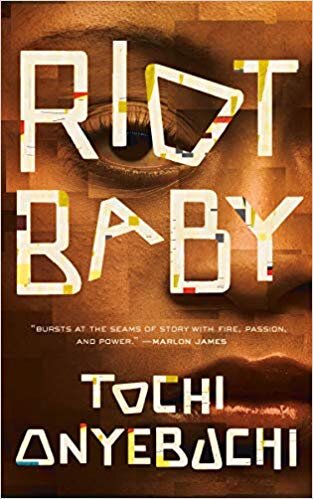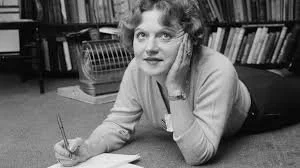The absence of family stability is clear but so too is the way the community comes together to take care of each other. There is love in this hard place. Ella’s family is no exception: her biggest source of stability is a woman she calls grandmother, though they are not related, and the love between them is big. She has an unreliable extremely religious pregnant mother. She does not have a father. She has some friends and connections, but she is a lonely character because of her powers, which her family demands she keep secret, and the foreknowledge that she will always be leaving.
The story is set against the backdrop of violence perpetrated against black communities in America. The first time marker is the police beating of Rodney King in 1991, which set off the L.A. Riots. Ella’s brother, Kev, a.k.a. Riot Baby, is born as the chaos begins. When the family emerges from the hospital, they see their city burned to the ground. Other markers include the police murder of Sean Bell, Oscar Grant III, Walter Scott and the Charleston Church shooting. He also seems to allude to the shooting of Tyrone Harris Jr. at the Michael Brown anniversary protest, though I wasn’t sure. (I’d be interested to hear from anyone more well versed in the topic as not all events are given names.) Riot Baby moves through Compton, Harlem, Rikers and Watts, and the violent incidents carry us from 1991 to 2015 through the terrifying America we know and then moves into a speculative future of the America we might get.
This book touches on a theme I have been curious about for a long time and that is the notion of freedom. How much do we actually have? What makes a person feel free? Something that I love about genre literature is the capacity it has for tackling big questions and for dealing with villainy at the systemic level. This book does both beautifully.



























Cadwell Turnbull's new novel — the first in a trilogy — imagines the hard, uncertain work of a fantastical justice.